How much car can you REALLY afford? (by salary)
With a General Election round the corner, the cost of living is on everyone’s mind. Whether it’s mortgages, rent, fuel prices or the cost of food, the last few years have seen many of us review how we spend out money – and in many areas, cutting back.
But what about cars? The latest stats show that the average UK motorist will spend more than £400,000 on their vehicles over 60 years of driving. That’s a lot of money!

We’ve consistently shown that leasing is one of the most cost-effective ways of getting behind the wheel of a brand-new car. Unlike PCP, you’ll find that there is no APR directly payable on your monthly bill, while leasing also helps you roll several monthly costs into a single payment. For example, there’s no road tax to worry about, while you also negate any depreciation worries.
But with the cost of living on everyone’s mind, this got us thinking – how much should we really be spending on our cars?
How much should people spend on a car?
Most financial sources (included ourselves) suggest that you should budget to spend between 10% and 15% of your net income on your car. Obviously, that’s very subjective – car enthusiasts and those wanting something a little special may be willing to pay more than that for their transport, while those wanting a more basic model might spend significantly less.
But 10 to 15% remains a realistic ballpark for those wanting a comfortable, reliable car that won’t break the bank. This handy take home pay calculator gives you a great breakdown on salaries if you want to calculate what your ideal monthly budget should be.

What’s the average UK salary?
With the average UK annual salary currently at £35,464, that means a net take home monthly pay of £2,421.13 per month when tax and national insurance is taken into account. With this in mind, the ideal sweet spot for a monthly car payment lies somewhere between £242.11 per month and £363.17 per month.
This is of course simply a ballpark figure based on the UK’s average take home pay; we understand there are millions of people earning less than this, as well as a good chunk earning more. So, when it comes to leasing, what’s on offer?
Instead of just giving you the average figure, we’ve done the calculations for a range of salary bands below. We’ve taken a range of gross annual salaries and worked out how much people should be spending on a car payment on a monthly basis, based on the net take home pay of their annual salary.
How much do we budget for other things?
As well as spending a maximum of 15% on a car payment, there are other rules of thumb that can help you budget. For example, it’s advisable that no more than 40% of pre-tax income should go on mortgage payments, while approximately 10% should go on further household bills.
A further 15% goes towards the monthly shopping bill. All these areas have increased over the last few years, with increasing pressures caused by rocketing energy bills and food inflation.
What does this mean in the real world?
Some people might wish to spend closer to the 10% figure to leave room for other expenses, while those after a larger or more prestige car may want to closer to 15%. So, we’ve included both figures. We have also included a list of handy real-world examples that are available right now on Leasing.com that fit within this percentile range.
Before we kick off though, remember that these prices do not include fuel costs, insurance premiums or initial rental. We’re simply showing how big a monthly payment is realistic and sensible within a number of given salaries.
Suggested monthly payments by salary
| Salary (annual, gross) | 10% (monthly, net) | 15% (monthly, net) | Cars that fit the brief |
| £25,000 | £175.19 per month | £262 per month | Seat Ibiza, Peugeot 2008, See more models |
| £30,000 | £204 per month | £305 per month | Nissan Qashqai, MG4, See more models |
| £35,000 | £231 per month | £348 per month | Volkswagen ID.3, Audi A3, See more models |
| £40,000 | £260 per month | £390 per month | Volvo XC40, Audi A4, See more models |
| £45,000 | £289 per month | £433 per month | Alfa Romeo Tonale, Mazda MX-5, See more models |
| £50,000 | £316 per month | £475 per month | Volvo V60, Audi Q5, See more models |
| £55,000 | £341 per month | £511 per month | Tesla Model Y, Hyundai Ioniq 6,See more models |
| £60,000 | £365 per month | £548 per month | BMW i4, Mercedes C Class,See more models |
| £65,000 | £389 per month | £584 per month | Lexus RX, Mercedes EQB,See more models |
| £70,000+ | £413 per month | £620 per month | Land Rover Discovery, Range Rover Velar,See more models |
£25,000 per year
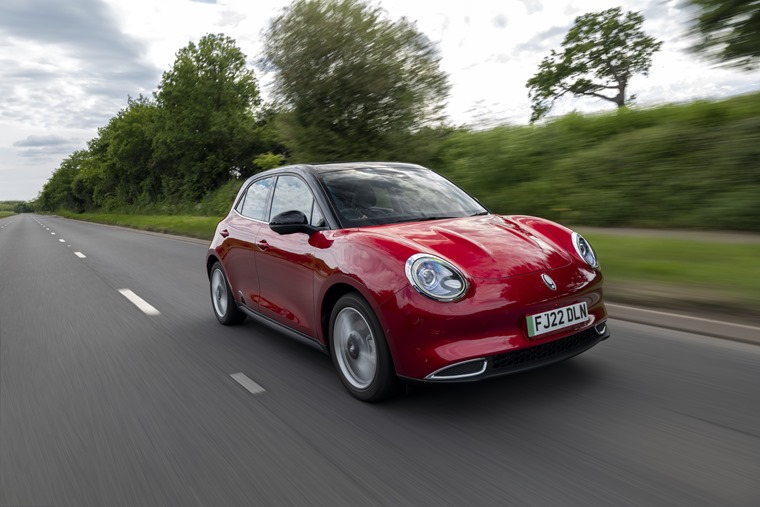
Budget: £175 to £262 per month
On a salary of £25,000 per year, you still have options on the leasing front. For less than £200 per month – which is towards the 10% marker – a wide range of small hatchbacks are available. The Vauxhall Corsa, Hyundai i10 and Peugeot 208 are among the most popular.
However, there are some larger cars that slip into this segment too. You can current lease a Nissan Juke for less than £200 per month, while the all-new GWM Ora Funky Cat also falls into this bracket. Even the Peugeot 2008 – a practical crossover – can be leased for less than £250 per month.
£30,000 per year
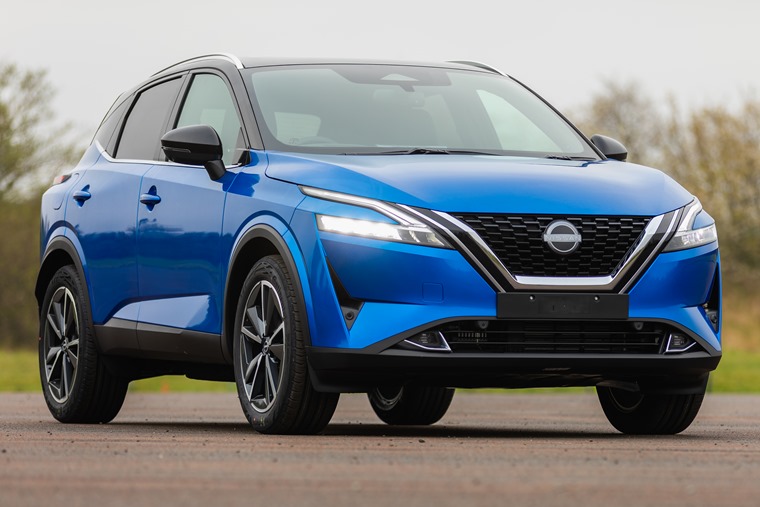
Budget: £204 to £305 per month
In this bracket, you’ll find lots of the same cars that are a good bet for those earning less, but you’ll have a choice of more rental profiles. For example, there aren’t many cars for less than £200 per month that offer a one-month initial rental – but for between £250 and £300, you’ll be able to benefit from this.
Upping the budget naturally opens up your options on the car front too – family SUVs like the Nissan Qashqai and Kia Sportage fall into this price bracket, while electric vehicles such as the MG 4 are now available for around £250 per month, too.
£35,000 per year

Budget: £231 to £348 per month
With a £35,000 annual salary, your options really start to open up, with models from more premium brands starting to filter down to an affordable price. The Volkswagen Golf, Volkswagen ID.3 and Audi A3 are all attainable at this level.
£40,000 per year

Budget: £260 - £390 per month
More premium models are on offer once you hit a gross annual salary of £40,000. A raft of Volvos including the XC40 and V60, as well as larger German models like the Audi A4 and BMW 2 Series.
£45,000 per year
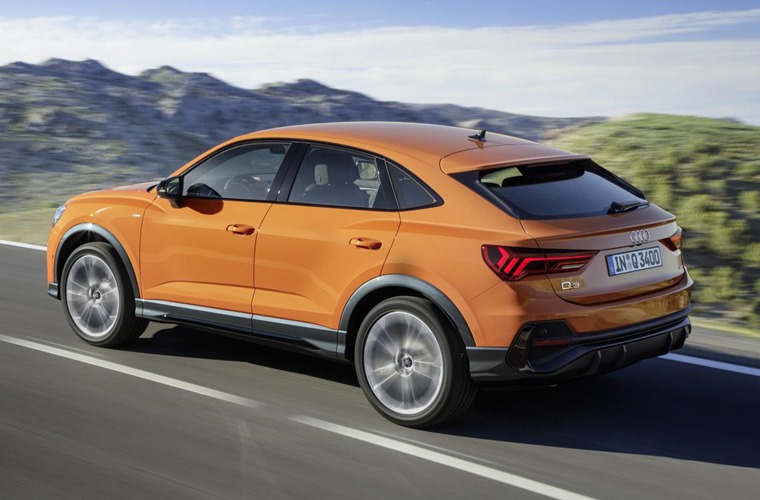
Budget: £289 - £433 per month
With a budget of up to £433 per month, you’re entering the upper realms of what we can consider everyday cars, with some more exotic offerings including the all-new Alfa Romeo Tonale, Mazda MX-5 sports car, or perhaps something like an Audi Q3.
£50,000 per year
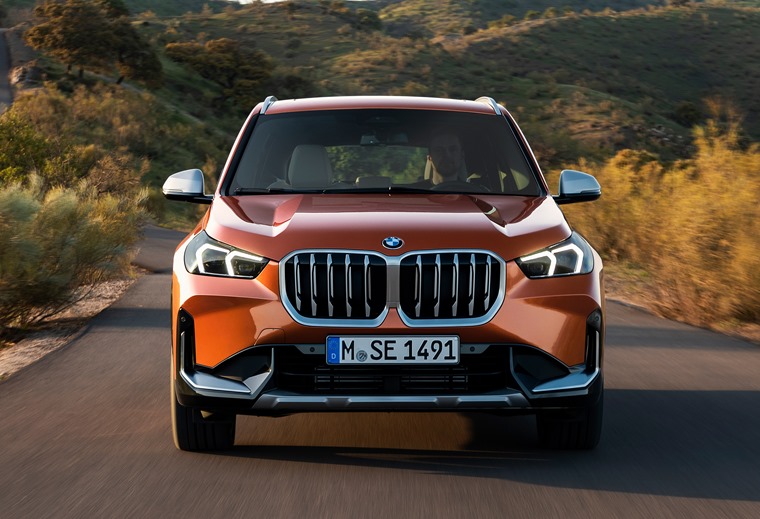
Budget: £316 - £475 per month
More BMW models become available, with the likes of the 3 Series and 4 Series easily attainable within our 15% cap. If you’re after an SUV, perhaps something like an Audi Q5 or BMW X1 could fit the fill.
£55,000 per year

Budget: £341 - £511 per month
For between £450 and £500 per month, you’ll find some of the newest and most desirable electric vehicles, such as the Hyundai Ioniq 6, BYD Atto 3 and Tesla Model Y.
£60,000 per year
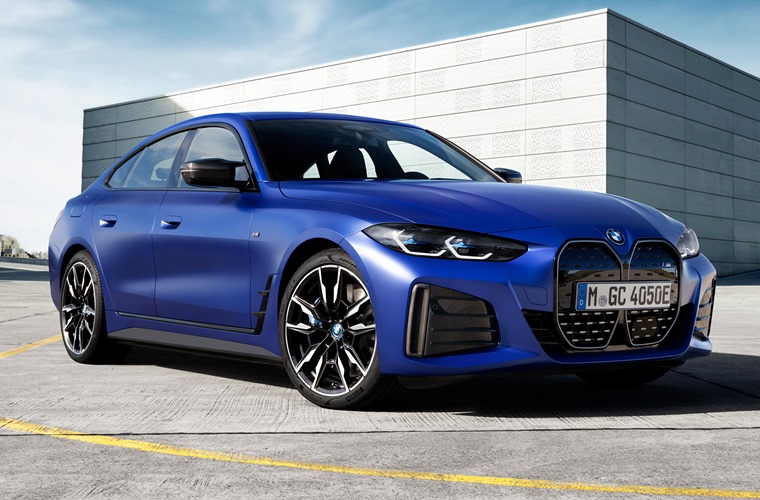
Budget: £365 - £548 per month
Mercedes lease rates have increased in recent years, and if you want a car featuring the iconic three-pointed star without spending more than 15% of your monthly take home pay, you’ll need to be earning £60,000 per year.
The C Class and E Class saloons fall into this territory, while other options include the BMW i4 and Audi A6. In a nutshell – premium German saloons.
£65,000 per year
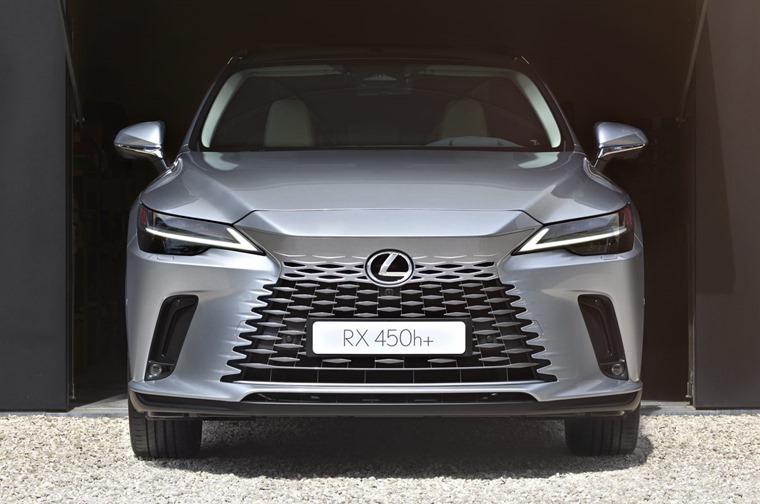
Budget: £389 - £584 per month
You can afford seriously premium options in this bracket, such as Mercedes’ GLB crossover. For those wanting something a little more stand-out, how about a Lexus RX?
£70,000+ per year
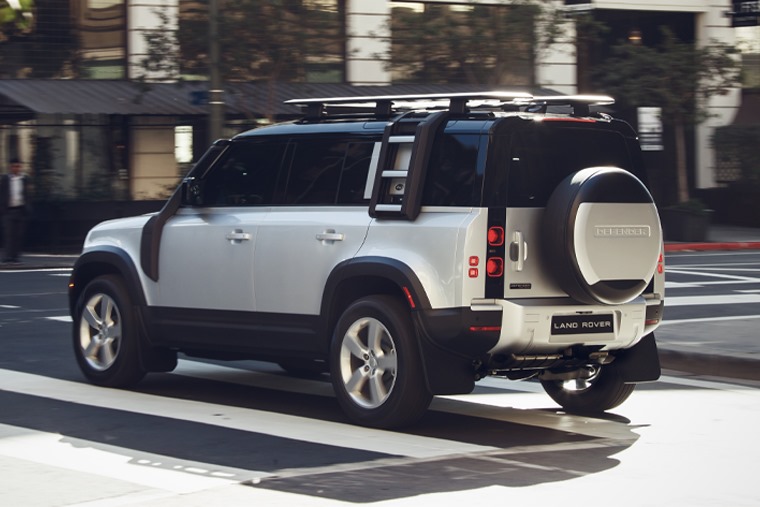
Budget: £413 - £620 per month
The world’s pretty much your oyster once you have the ability to spend more than £600 per month. The largest and most luxurious models from manufacturers like Mercedes, Range Rover and Jaguar become available.
There’s also the sleek Audi A7 to consider, or perhaps a BMW 8 Series might be your go-to?
Want more information on leasing?
Even in these tough times, we believe leasing makes sense for lots of people. It’s one of the most affordable forms of new car finance, and can help minimise your monthly costs. Check out how leasing compares to PCP and other forms of finance.
You can check out lots more helpful info in our guides hub or, if you’re wondering what credit score you need to lease, here’s what you need to know.
*Wage, inflation rates and monthly budgeting sourced from Bank of England and HomeOwnersAlliance (HOA). Lease prices and rates correct as of 24/05/24.
